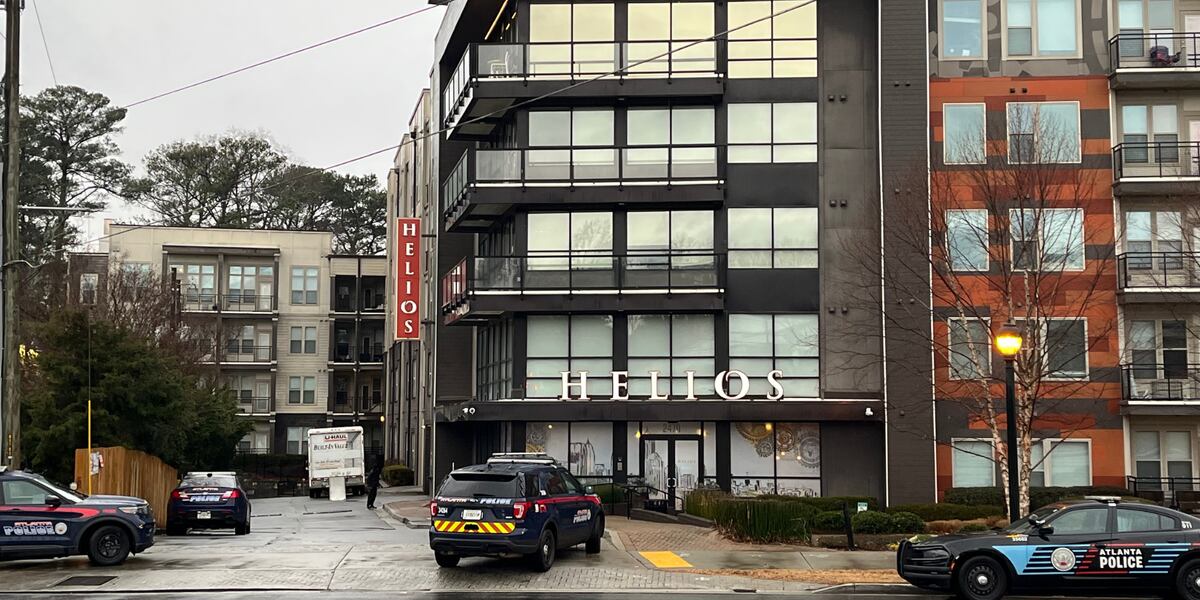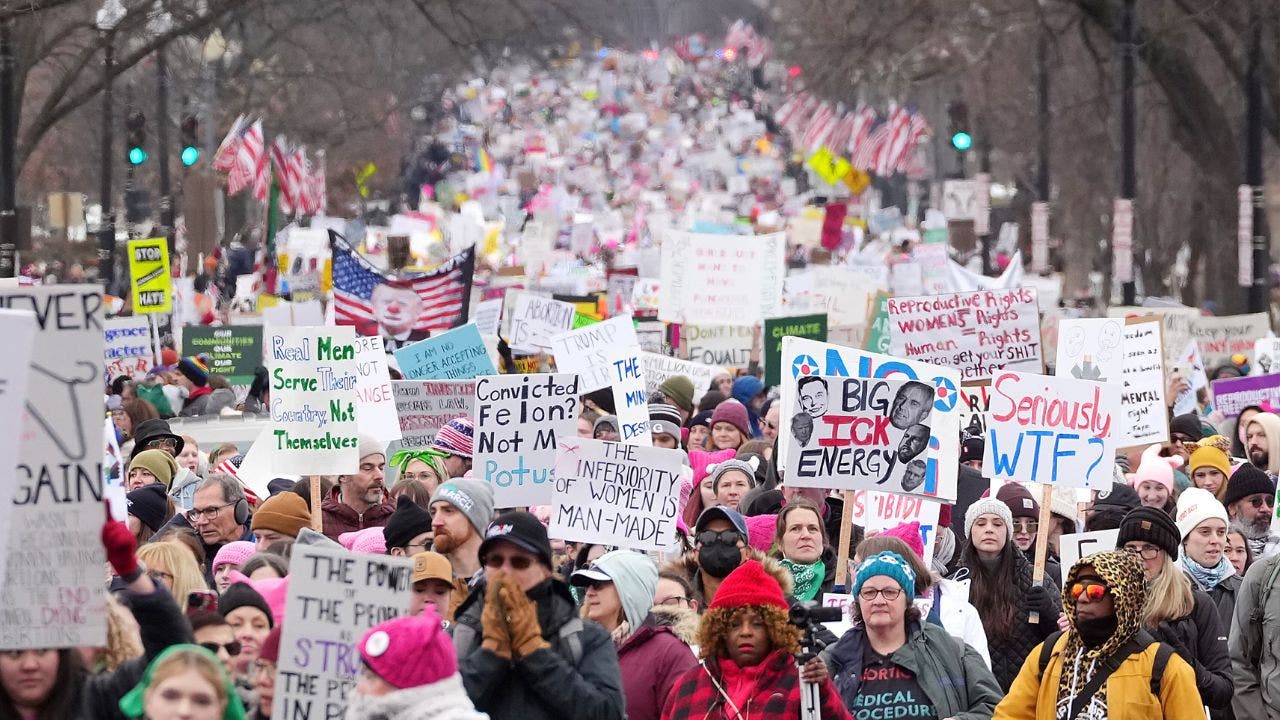ATLANTA, Ga. (Atlanta News First) – Jarrad Turner, from Atlanta, has seen eleven of the men and women he served with in the military die from suicide.
Turner, an army veteran, struggled as well with his mental health after two deployments to Iraq.
“You feel alone, felt alone quite often if I’m being honest with you,” Turner said, in an interview with Atlanta News First.
In 2010, the Army medically retired him from active service after a grenade hit his guard tower where he suffered injuries to his shoulder, elbow, and jaw.
“I felt lost, alone, unable to really articulate the things I was going through, incredibly dark days,” said Turner.
He returned to metro Atlanta where he began a long recovery process.
“I was a shell of a man. I was a shell of the person I had trained so hard to be, to be honest with you,” Turner said.
Turner said he was on three pages of medications, including five drugs just to help him sleep.
More than 1.7 million Veterans received treatment in a VA mental health specialty program, according to 2018 data from the Department of Veteran Affairs.
Turner, who now serves as the Vice President of Strategic Partnership for The Warrior Alliance, said it’s currently taking too long to connect veterans with mental health resources.
“When that person picks up that phone and they say I need help, as a nation, as a community, we should be able to get them qualified help within at least 72 hours, unfortunately we’re not doing that. We just don’t have the capacity,” said Turner.
He said that from his experience it can take as long as 8 weeks for a veteran to schedule an initial session with a counselor.
Turner said the VA and non-profits needs improved access to counselors, clinicians, and psychologists.
He estimated there are 260,000 veterans in metro Atlanta.
State and federal politicians say they’re committed to addressing this major need.
In April, Gov. Brian Kemp (R-GA) signed a bill into law that creates a $750,000 grant program to support mental health programs for military service members, veterans, and their families.
In addition, last year, Sen. Jon Ossoff (D-GA) helped usher in a new bill to help Georgia veterans afford mental health and substance abuse treatment.
And in late May, Sen. Ossoff announced he’s co-sponsoring legislation to boost access to mental health resources for servicemembers.
“I’ve introduced the bipartisan Military Mental Health Professionals Support Act to ensure our servicemembers, who make tremendous sacrifices in our country’s defense, can access the mental health services they need while they defend our nation,” Sen. Ossoff said in a press release.
Turner said the political will is appreciated, but oftentimes the financial commitments don’t get to veterans as quickly as they’re needed.
“We don’t have time to wait,” Turner said. “There’s been a lot of promises, but the execution of those promises and the timeliness of the resources, so we can really use those resources for the lives of our veterans, unfortunately, has been really slow. But that’s why we exist.”
The Warrior Alliance helps connect veterans and those who have served in the U.S. Armed Forces with education and job opportunities, along with housing and healthcare services.
In early June, Turner and the Warrior Alliance helped register more than 1,200 veterans to connect them with expanded resources through the PACT (Promise to Address Comprehensive Toxins) Act.
Turner said they’ll help organize a similar event in September.
Copyright 2023 WANF. All rights reserved.

/cloudfront-us-east-1.images.arcpublishing.com/gray/I4KIQU7GUBAEDBYOZEZMTCYEZA.jpg)





















/cdn.vox-cdn.com/uploads/chorus_asset/file/25822586/STK169_ZUCKERBERG_MAGA_STKS491_CVIRGINIA_A.jpg)

/cdn.vox-cdn.com/uploads/chorus_asset/file/23935558/acastro_STK103__01.jpg)

/cdn.vox-cdn.com/uploads/chorus_asset/file/25826211/lorealcellbioprint.jpg)
/cdn.vox-cdn.com/uploads/chorus_asset/file/25832751/2192581677.jpg)

/cdn.vox-cdn.com/uploads/chorus_asset/file/25835602/Switch_DonkeyKongCountryReturnsHD_scrn_19.png)